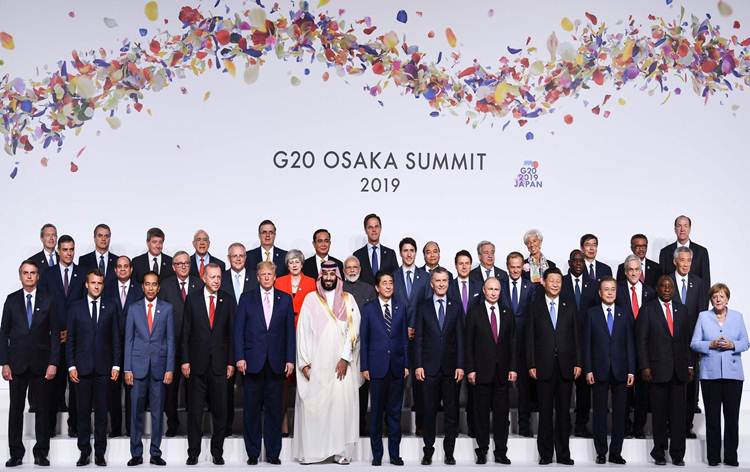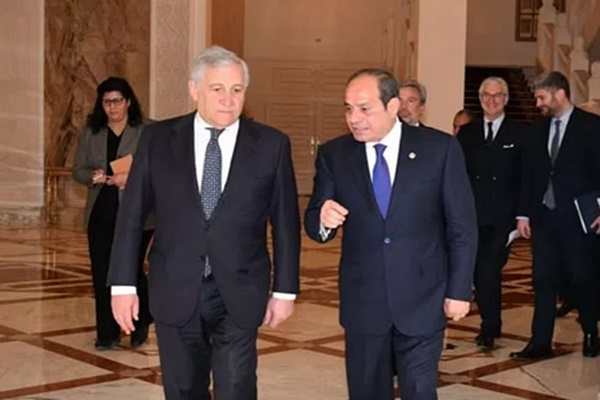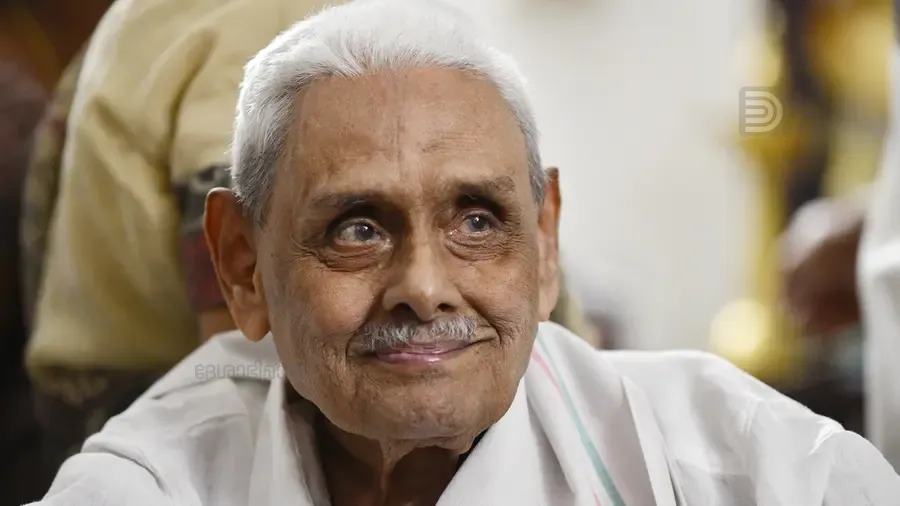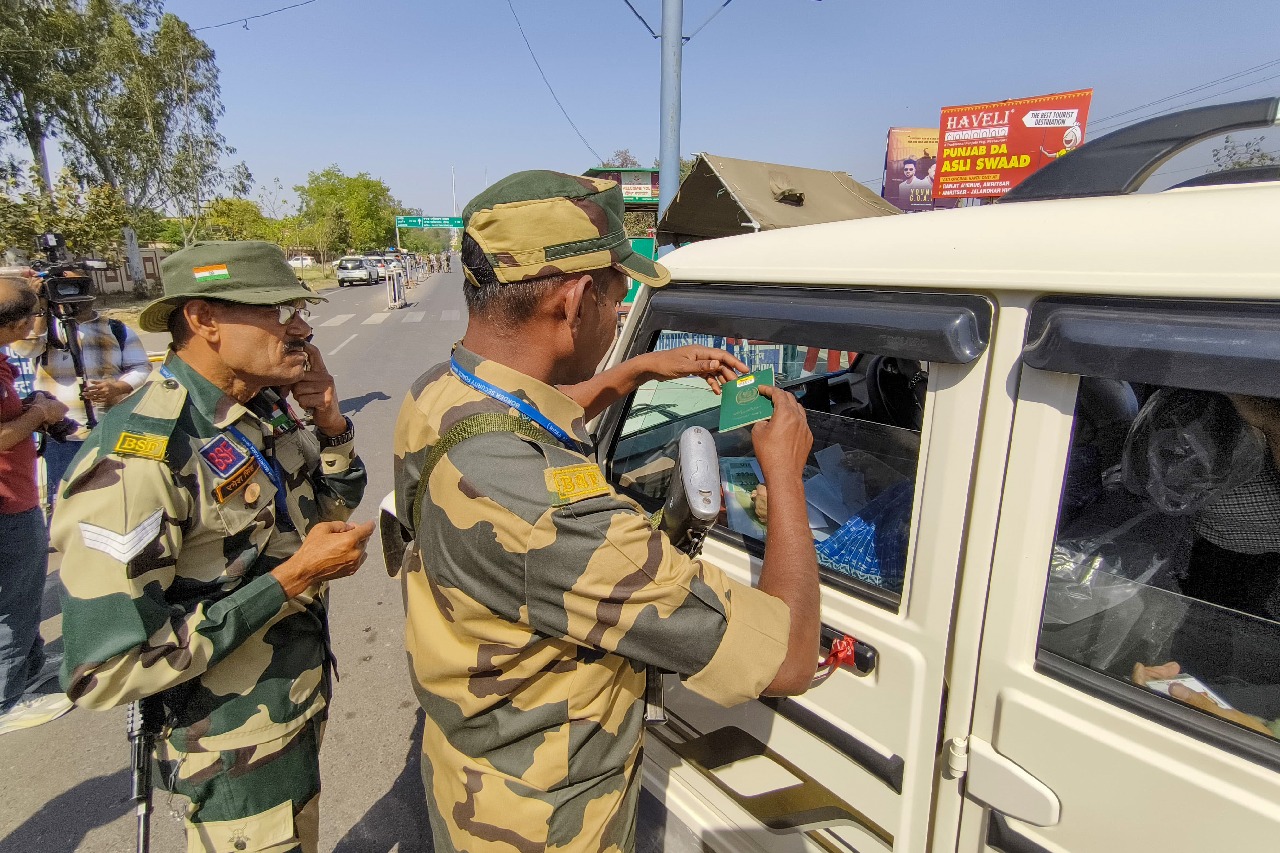G-20 nations agree to work together to address major global economic challenges
Sat 29 Jun 2019, 16:20:56

G-20 nations have agreed to make united efforts to address major global economic challenges. The countries have affirmed to work together to foster global economic growth while harnessing the power of technological innovation, in particular digitization and its application for the benefits of all.
In a final statement at the end of the two-day summit at Osaka in Japan, nineteen members of the grouping, except the United States, agreed to the irreversibility of Paris climate deal and pledged its full implementation.
Briefing media, India's Sherpa Suresh Prabhu said, India under the leadership of Prime Minister Narendra Modi played a very pro-active, positive and forward role and raised various issues at the summit. Mr Prabhu said, India has been championing anti-corruption measures at global level. He stressed on the need for member countries to fight corruption and combat foreign bribery.
Mr Modi took part in the G-20 Session on Quality Infrastructure Investment and Development Cooperation. He laid special emphasis on building a disaster resilient future and invited member nations to join the International Coalition on Disaster Resilient Infrastructure. Mr Modi said, such infrastructure is required not only for development, but is also necessary to combat natural calamities. The Prime Minister had mooted this idea at the G-20 meet in Argentina last year to help the smaller nations especially after calamities.
At the 3rd session of the G-20 today, the Prime
Minister emphasised on healthcare including India's traditional healing measures, yoga and Ayushman Bharat. Mr Modi said, 5A's are well known in Health Services: Accessible, Affordable, Appropriate, Accountable and Adaptable. He said, to this, India has added AYUSH - Alternate and Traditional System of Medicine and Ayushman Bharat - world's largest health insurance scheme.
Minister emphasised on healthcare including India's traditional healing measures, yoga and Ayushman Bharat. Mr Modi said, 5A's are well known in Health Services: Accessible, Affordable, Appropriate, Accountable and Adaptable. He said, to this, India has added AYUSH - Alternate and Traditional System of Medicine and Ayushman Bharat - world's largest health insurance scheme.
The Prime Minister took part in a special session on women empowerment. External Affairs Ministry spokesperson Raveesh Kumar told reporters that the session witnessed an in-depth dialogue on how to further empower women and work towards gender equality.
Mr Modi also held bilateral talks with the Presidents of Turkey, Brazil, Indonesia and also his Australian counterpart Scott Morrison. In his meeting with Turkish President Recep Tayyip Erdogan, the Prime Minister discussed the issues of expanding co-operation in trade and investment and defence sector.
During his meeting with Indonesian President Joko Widodo, the two nations set a target of 50 billion US dollars for bilateral trade over the next six years. They also discussed ways to deepen bilateral cooperation in defence and maritime fronts.
Mr Modi also held wide-ranging talks with Brazilian President Jair Bolsonaro. The Prime Minister said in a tweet that the meeting with the Australian Prime Minister will add vigour to bilateral ties and lead to new areas of co-operation. Mr Modi has since left for home after concluding his three-day visit to Japan.
No Comments For This Post, Be first to write a Comment.
Most viewed from International
Most viewed from World
AIMIM News
Latest Urdu News
Most Viewed
May 26, 2020
Do you think Canada-India relations will improve under New PM Mark Carney?
Latest Videos View All
Like Us
Home
About Us
Advertise With Us
All Polls
Epaper Archives
Privacy Policy
Contact Us
Download Etemaad App
© 2025 Etemaad Daily News, All Rights Reserved.

.jpg)
.jpg)






.jpg)



.jpg)
.jpg)
.jpg)
.jpg)
.jpg)
.jpg)
.jpg)
.jpg)
.jpg)
.jpg)



















